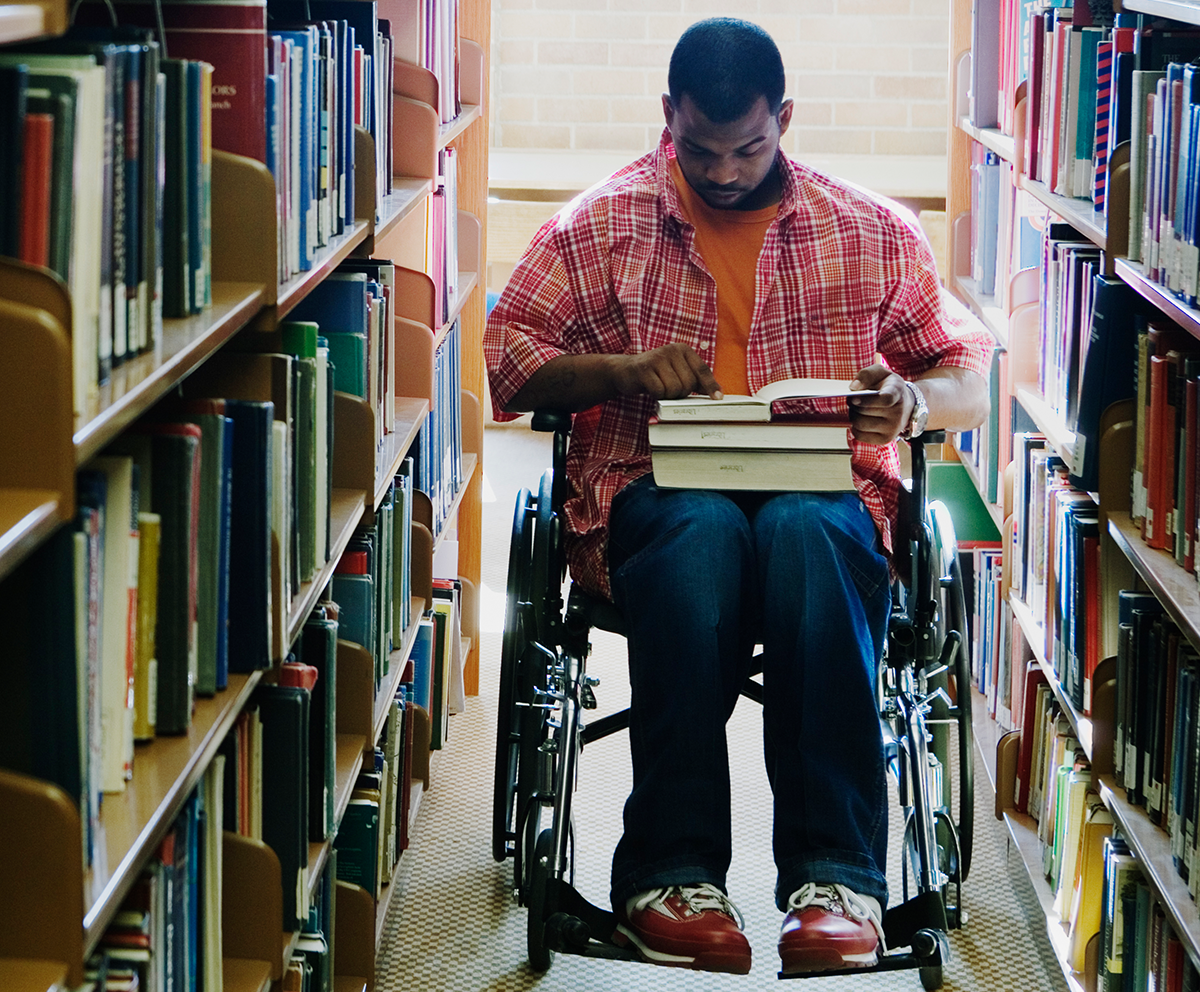
FAQs
Answers at your fingertips
You can scroll through the FAQs, search, or click a category button to filter them.
- About ABLE
- Account Management
- Additional Tax Benefits and Penalties
- ALR
- Banking and Investments
- Contributions and Withdrawals
- Eligibility
- Getting Started with ABLE
- Gifting
- Prepaid Card
- Recurring Contributions
- Rollover
- Successors and Estates
- Tax Credit
- What is a successor designated beneficiary?
- When the primary beneficiary dies, the person designated as the successor beneficiary becomes the primary beneficiary on the ABLE account. A successor for an ABLE account must be a sibling, step-sibling, or half-sibling of the account owner and must also qualify for an ABLE account. A successor... Read more
- Is the ABLE account considered part of the estate after the death of a beneficiary?
- Yes. As part of the estate, funds in an ABLE account are subject to federal estate tax. After the death of the beneficiary, ABLE funds can be used to pay any outstanding qualified disability expenses of the deceased individual and any state claim under section 529A(f) before they are transferred to... Read more
- How can I connect a bank account?
- To connect a bank account to your ABLE for ALL account, first log in to your online dashboard, then go to the “Settings” tab and click on the “Add a new bank” button. Follow the steps to link a new bank account by connecting via Plaid or manually adding an account. If you manually add a bank... Read more
- What do I need to do with my IRS Form 5498-QA form?
-
Keep this tax form with your records for future reference. You're not required to file it with your tax return.
- When is IRS form 5498-QA available?
-
The plan administrator must send the 5498-QA by March 15, so you should receive the form no later than the end of March following the close of the tax year. You will receive it via mail or electronic delivery based on communication preferences.
- What is IRS Form 5498-QA?
- If you make a contribution to your ABLE for ALL account, you will receive IRS Form 5498-QA, which is a tax form that details all of the contributions you made throughout the tax year to your account. This form reports ABLE account contributions, rollovers and direct program-to-program transfers in... Read more
- When is IRS form 1099-QA available?
-
The plan administrator must send the 1099-QA by January 31, so you should receive the form no later than early February following the close of the tax year. You will receive it via mail or electronic delivery based on communication preferences.
- What is IRS Form 1099-QA?
- If you make a withdrawal from an ABLE for ALL account, you will receive an IRS Form 1099-QA, detailing all the withdrawals you made from your account throughout the tax year. If the money you withdrew from your account was used to pay for qualified expenses, the distributions are not taxable, and... Read more
- How do I set up direct deposits?
- You can contribute to your ABLE for ALL account using fast, secure direct deposits from either the Social Security Administration or your paycheck. Complete the setup process in three simple steps: Log in to your ABLE for ALL account and click on “Payroll direct deposit” on the Total Balance... Read more
- Who do I contact for help with SSA direct deposits?
-
If you need assistance, please reach out directly to the Social Security Administration team.
To retrieve your direct deposit details — including a unique routing and account number — log in to your ABLE for ALL account and click on “Payroll direct deposit” on the Total Balance tile.
